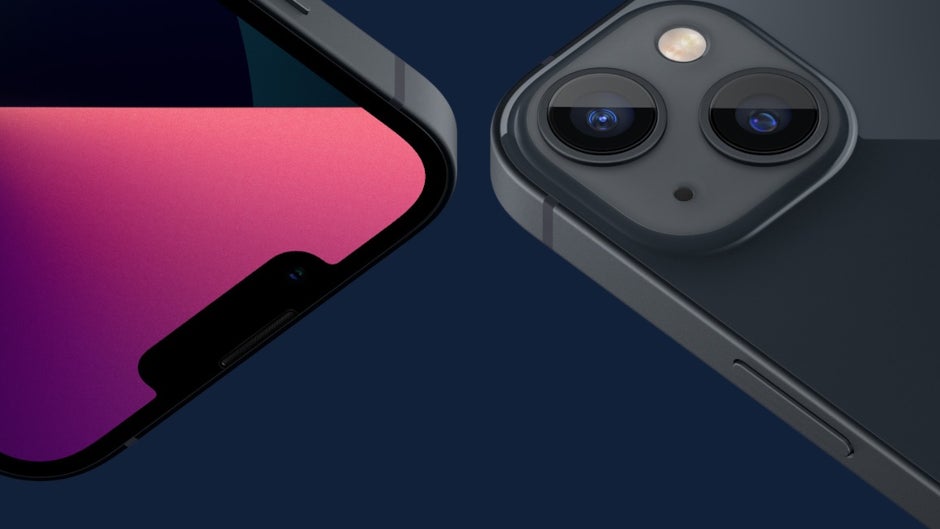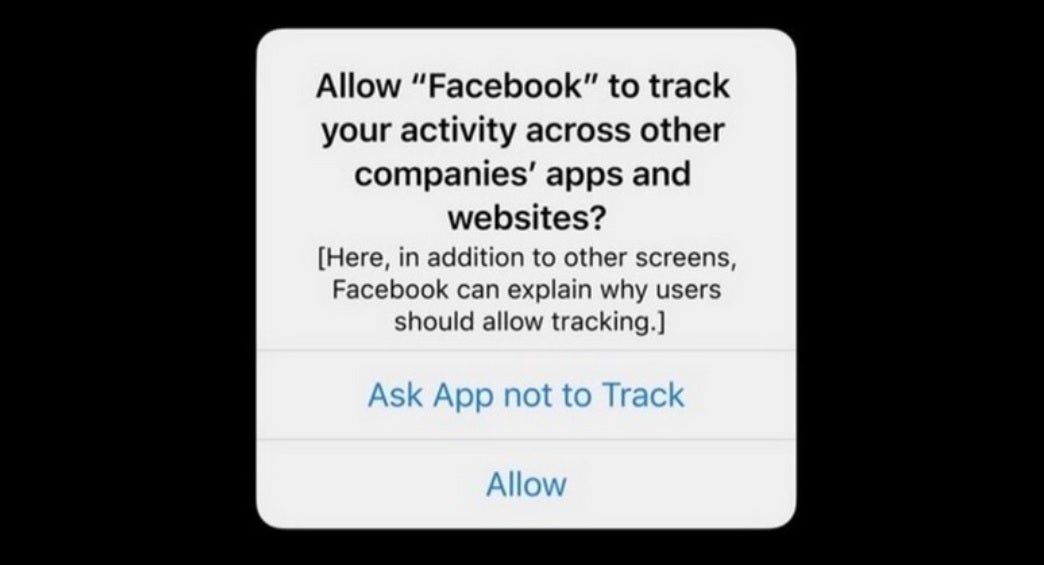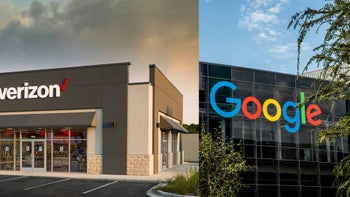Apple gives some app developers leeway in tracking users for advertising purposes

Apple's App Tracking Transparency feature (ATT) supposedly allows iPhone users to opt-out of the tracking platform that sends targeted ads to users. But according to a report in the Financial Times (via AppleInsider), Apple has made an "unacknowledged shift" that allows companies to bend Apple's rules in such a manner that app developers can still receive "user-level" personal data.
Apple is allowing companies to use aggregate or anonymized data without identifiers
One of the companies that complained the loudest after Apple announced the ATT was Facebook even going so far as to place full-page ads in newspapers decrying the effect that ATT would have on small businesses. Yet, the social media company's chief operating officer Sheryl Sandberg says that the company is engaged in an effort to build back up its ad infrastructure "using more aggregate or anonymized data."

Apple's App Tracking Transparency feature seeks to allow iPhone users to opt-out of being tracked
The Financial Times notes that another social media firm, Snap, has spoken with investors and said that it would present advertisers with "a more complete, real-time view" of their ads whether iPhone users have selected to opt-out of tracking or not. The business publication notes that Apple's user privacy documentation says that developers "may not derive data from a device for the purpose of uniquely identifying it."
The Times added that this means iPhone users could be lumped together by behaviors instead of unique ID numbers in order to send targeted ads. Apple's ATT documentation does say that developers are not allowed to "fingerprint or use signals from the device." But once again, this refers to Apple's desire to block a developer from being able to identify a user or a specific iPhone unit.
Using anonymized data is becoming the standard in the industry
Apple does say that before collecting personal data, developers must remove personal data of any identifiers "such as user ID or name." This kind of tracking is quickly becoming the standard in the industry.
Aggregated solutions are being used by 95% of Oren Kaniel's clients, according to ArsTechnica. Kaniel is the CEO of the chief executive of AppsFlyer, a mobile marketing analytics and attribution firm.
The chief operating officer of customer data platform company BlueConic, Cory Munchbach, says that Apple can no longer use a strict interpretation of its tracking rules since it would create a disruption to the mobile apps business that would be too big. She says, "Apple can’t put themselves in a situation where they are basically gutting their top-performing apps from a user-consumption perspective. That would ultimately hurt iOS."
Apple gives app developers more leeway than it lets on
She adds that while companies will say that they are only looking at user-level data after it has been anonymized, there is no way of really knowing without viewing the data or the algorithms being used, whether users' data is being protected. And as a result, the same people that Tim Cook called "hucksters just looking to make a quick buck," are being trusted by Apple.
Munchbach says, "If historical precedent in adtech holds, those black boxes hide a lot of sins. It’s not unreasonable to assume it leaves a lot to be desired." Lockdown Privacy, an app used to block ad trackers, called Apple's policy "functionally useless in stopping third-party tracking." After doing some testing, Lockdown Privacy came to the conclusion that personal data and information related to specific devices are "being sent to trackers in almost all cases."
Some companies say that advertisers must know some information such as the user's language and the screen size of his device. Without it, the app experience would be awful. As it is, Apple's own apps don't have to follow the ATT regulations that it developed. But it just could be that Apple is giving all developers more leeway than it lets on.
Follow us on Google News














Things that are NOT allowed:
To help keep our community safe and free from spam, we apply temporary limits to newly created accounts: